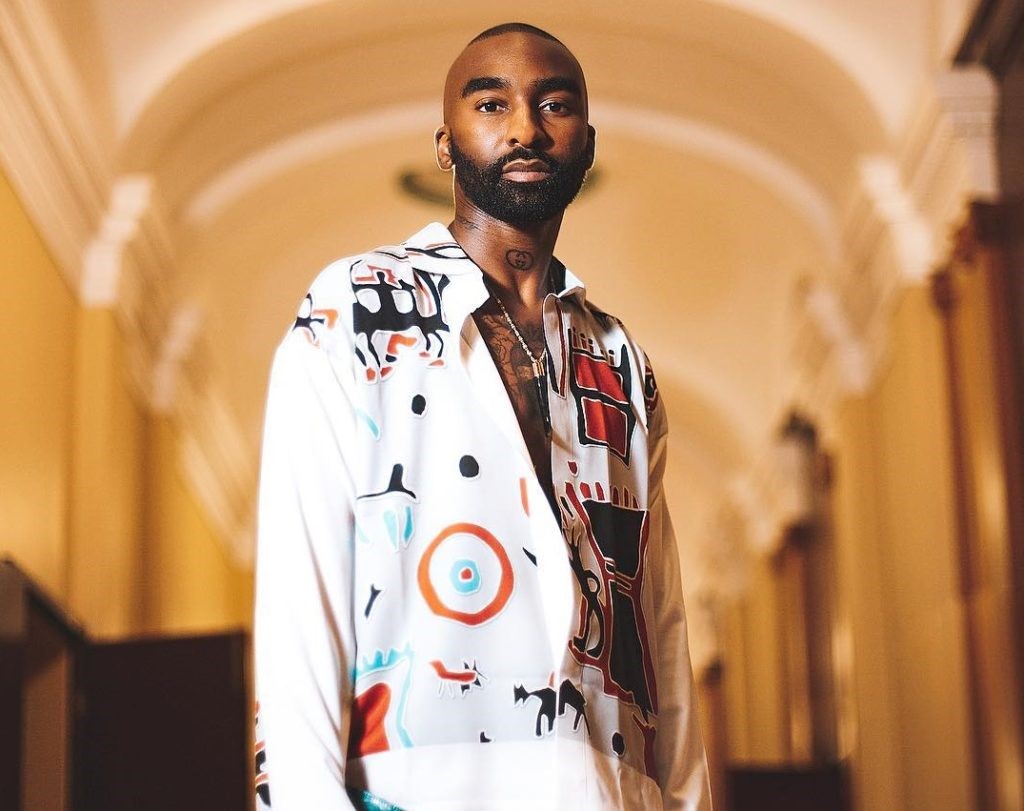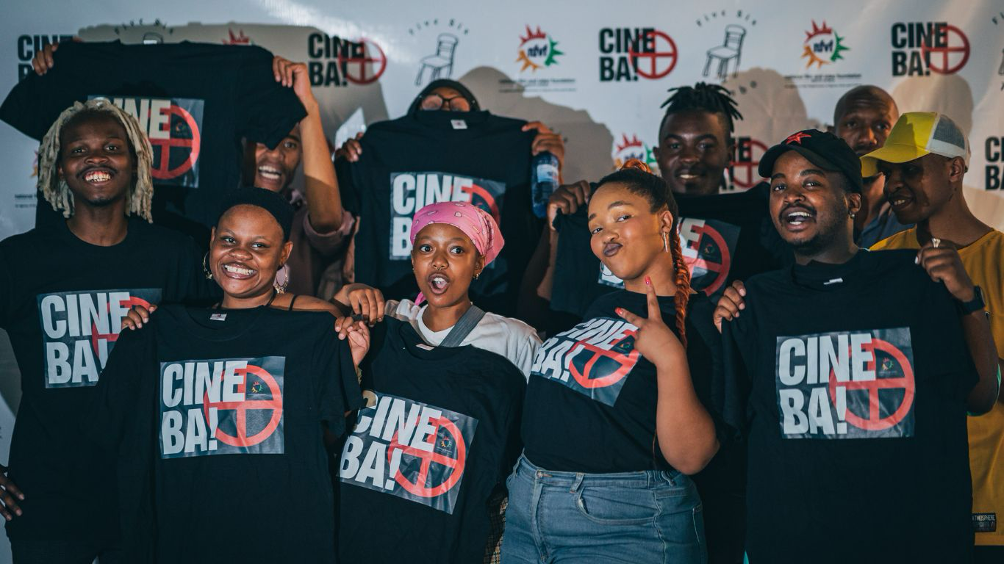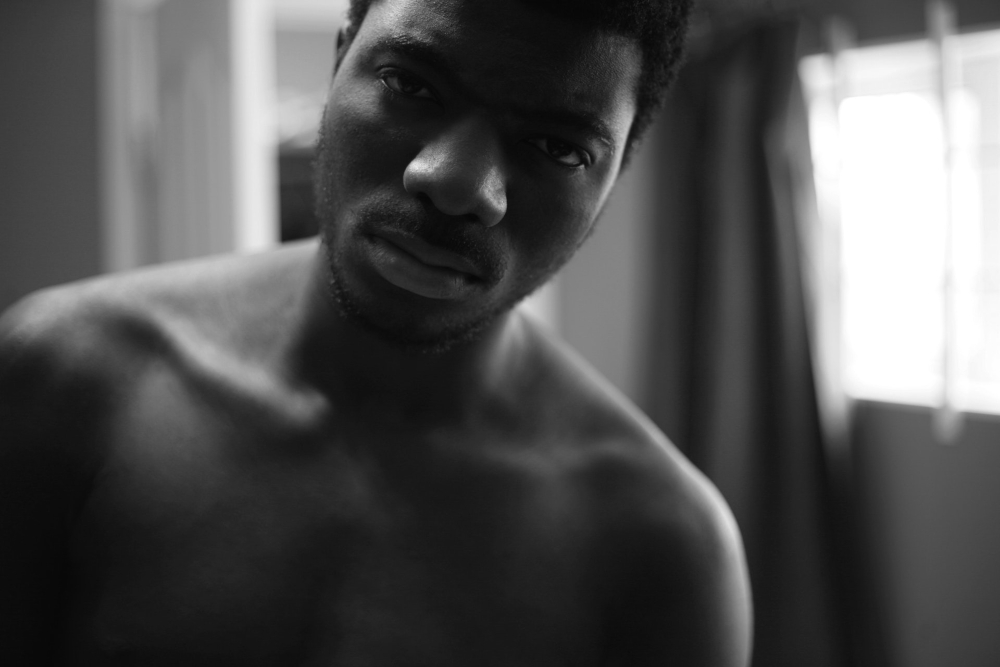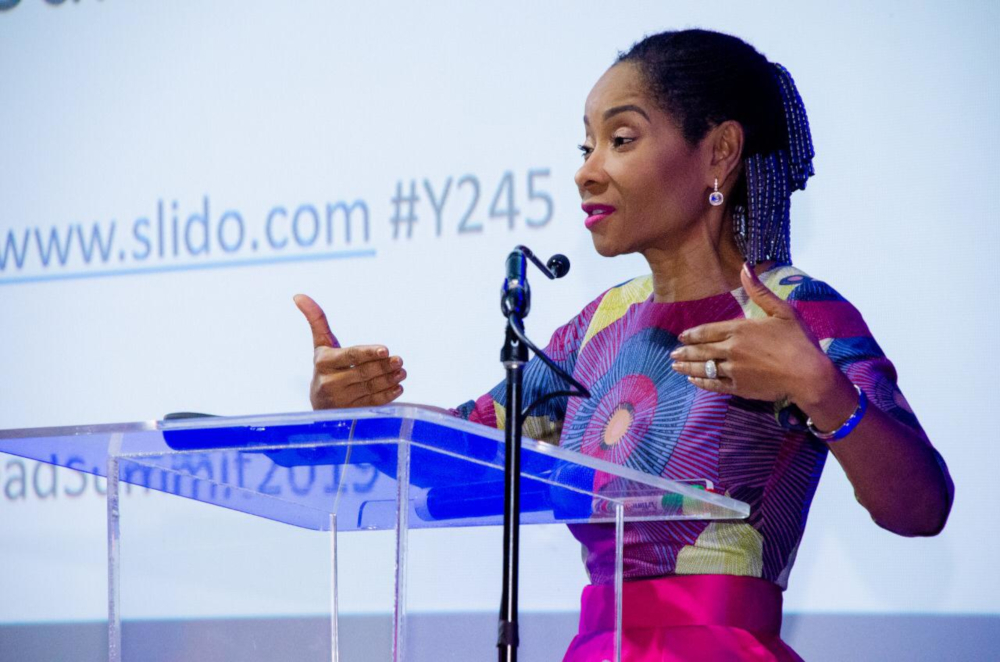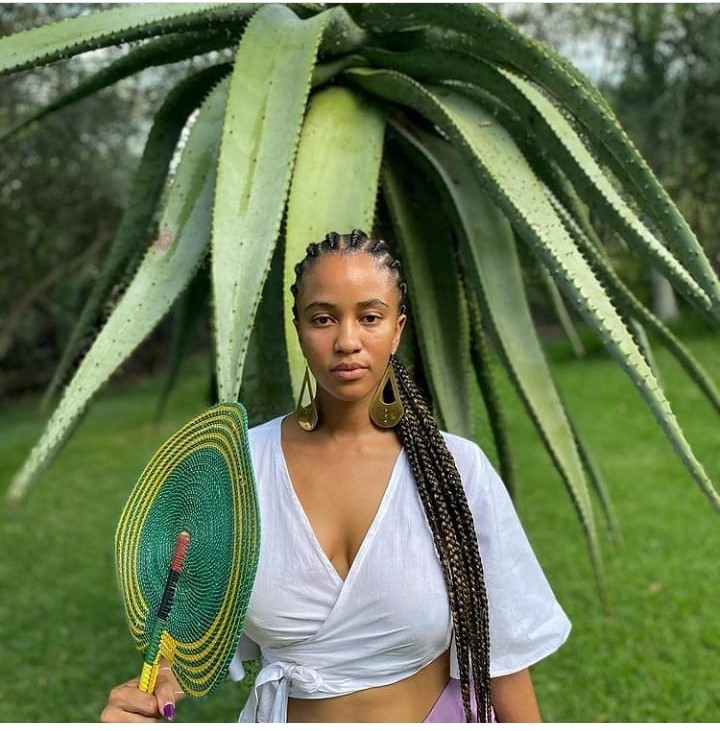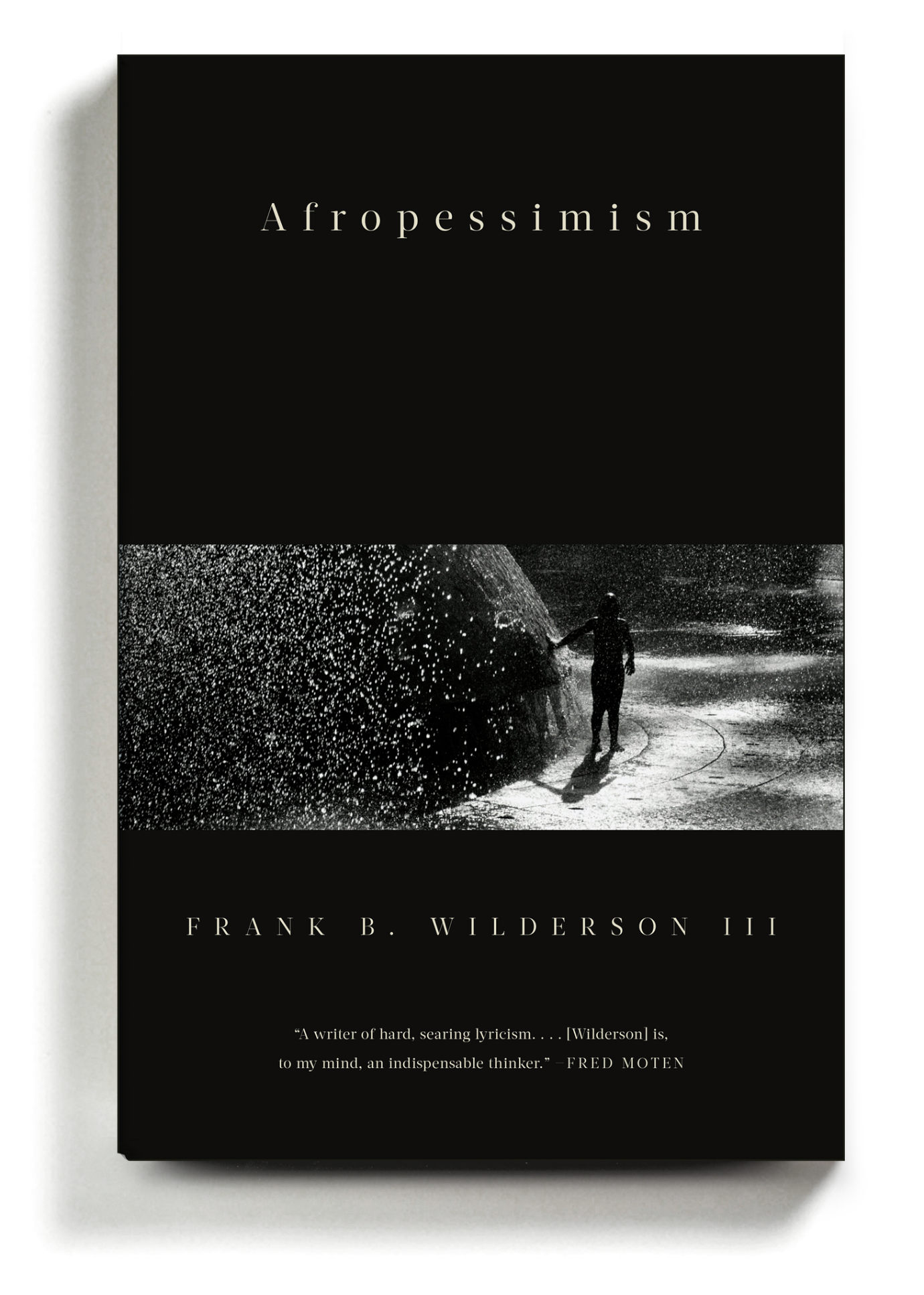Eswatini-born South African ampiano DJ, Uncle Waffles became an instant social media sensation when a video of her grooving to Kabza de Small’s amapiano hit, Adiwele, surfaced about two years ago. She is one of the biggest beneficiaries of the transcendent reach of cyber virality. From previously being an unknown name to receiving shout-outs from Drake and touring the world overnight, it is easy to reduce Uncle Waffles to a social media darling and nothing else.
However, the 27-year-old Uncle Waffles is gorgeous and armed with a bagful of stage gimmicks. As a DJ, she knows exactly what to do a get a crowd going. Her first major amapiano release, “Tanzania”, was accompanied by a lavishly shot video that displays much visual ambition but perhaps did not deliver all the sonic goods considering the huge hype. Pundits have been waiting to see how Uncle Waffles’s impressive social media profile would translate into serious musicianship. Indeed how would she live up to the hype?
In late March 2023, she released an EP with seven tracks. “Asylum”, a cut from the project which features frequent collaborators Shakes, Les and Ghost, has little vocals and it’s mostly beats that would get many feet moving on a dance floor. In “Blue Tick” she hooks up with DJ Stresser, Given Kanu, Vuyo Ndevu, and Claras Deejay on a number that has strong deep house vibes. In “Morocco” she brings on Tony Duardo, Milkiee and Scumie on an outright hip-hop joint that has less to do with amapiano. It’s not clear if she is the one rapping or just one of her numerous collaborators.
On the other hand, “Sghubuhandro”, featuring Shakes and Les, seems like futuristic amapiano, with pure restrained fire laid over well-modulated beats and typically scant vocals except for mild ululations meant to coax dancers into deeper grooves. It incorporates, in addition, a wavy and hypnotic sea of classic Afrobeats tones. On this joint, Uncle Waffles finds her métier and distinct sonic markers. She also knows how to stamp the power of her femininity as a series of even movements of pure sound.
“Yahyuppiyah” finds her in deeper experimental territory in terms of the mix of voices, sounds, feel and effect. While the voices sound motivated and inspired, they are all fastened within a solidly contained space as if they are quasi-mystical, smouldering flames kept tremulously in check.
By “Angry Birds”, Uncle Waffles is still not ready to re-emerge from her dusky underworld of unadulterated sound. All the voices here revel in their incantatory tapestry. The gentle and sweet female voices serve as caresses and girlish prompts over a coolly gyrating soundscape. The vision offered freely and generously is bathed in the somnolent glow of dusk. “Babiee” belongs to the same sonic territory. Female voices are again fully in charge chanting “Bacardi, piano, Bacardi, piano”. Again, there’s rapping but it’s not informed by dexterous bars of lyricism. Instead, these are dance hall prompts meant to encourage more hectic moves.
This collection of cuts announces a particular kind of sonic identity and creative imprint. Restrained yet edgy at the same time, it demonstrates a sort of mind not to be taken for granted. Amapiano is her kingdom but she is not content to reign there alone. Her touch celebrates the presence of femininity and an alternate universe of textures and sound. Undoubtedly, she brings a different kind of perspective to the scene. In a way, the EP also chimes with the sort of vibe she likes to create in her live shows. Uncle Waffles often brings together her fans for intense, seemingly low-key sessions of communion in packed, intimate spaces.
The EP itself provides an intimate listening experience away from the usual needless and gratuitous braggadocio of the male voice and sensibility. Even the male voices involved in this project often play second fiddle to the female presence. Moreover, the male voices are more centred on exploring and affirming their feminine attributes and ways of imagining. This balancing act between two or more genders is perhaps the most powerful political statement Uncle Waffles makes in this project. There is also the added element of sound as a source of therapy, healing and psychic equanimity.
Initially, with so many collaborators, one had a slight apprehension that her creative identity would be submerged. Nothing of the sort happens here. Instead, more than most of her female peers, she’s able to employ the potency of femininity to create a fully self-contained soundscape. She’s also surprisingly experimental in not only the formulas she uses in mixing male and female voices but also in delving into the underside of rap, amapiano and deep house. This isn’t merely straight-up amapiano but also a myriad range of past, present and future sounds. Finally, it also includes the dimensions of the genre that are often missed or ignored in the accompanying hype and brouhaha that surround the thriving scene.
Although her talent sometimes feels slender this should not necessarily prevent it from being able to exert a considerable impact. The fact that she is fastidious about seeking symmetry between male and female voices, her sound and beats says a lot about her creative aims and outlook. Uncle Waffles is doubtless an artist we ought to continue to watch quite keenly.
Sanya Osha, an author of several books, works at the Institute for the Humanities in Africa (HUMA),University of Cape Town.


